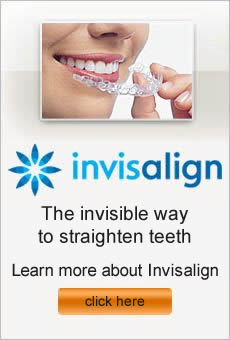Approximately 10 percent of adults clench or grind their teeth. Symptoms of clenching and grinding, also called bruxism, include headaches, jaw pain, and cracks in teeth. If you or a family member grinds your teeth, you can cause serious damage and discomfort.
These facts about bruxism will help you learn more about this condition:
You can hurt more than just your teeth
Most of the time, clenching and grinding is mild. In more severe cases, you can aggravate the jaw joints and cause TMJ-like symptoms. Mention any concerns you have to your orthodontist or dentist so that you can get proper treatment.
Bruxism and stress are connected
Feeling anxious or frustrated may contribute to bruxism. Currently, no one has identified all the factors that make people grind or clench their teeth. Certain competitive behaviors or personality types may increase the chance of teeth grinding.
It can happen at any age
Though you may not have issues with bruxism, you could develop them at any point in your life. In fact, children typically grind their teeth more than adults. Usually, they out grow bruxism by adolescence.
You may not realize you have an issue
Because bruxism often occurs while you sleep, many people don’t realize a problem exists. Earaches, headaches, unexplained facial pain, or tenderness around the jaw joints could indicate issues with clenching and grinding.
Treatment is available
Often, bruxism is mild enough that you don’t need treatment. If you do need therapy, your orthodontist or dentist can fit you for a mouth guard, a plastic appliance that covers teeth and eliminates damage from bruxism.



